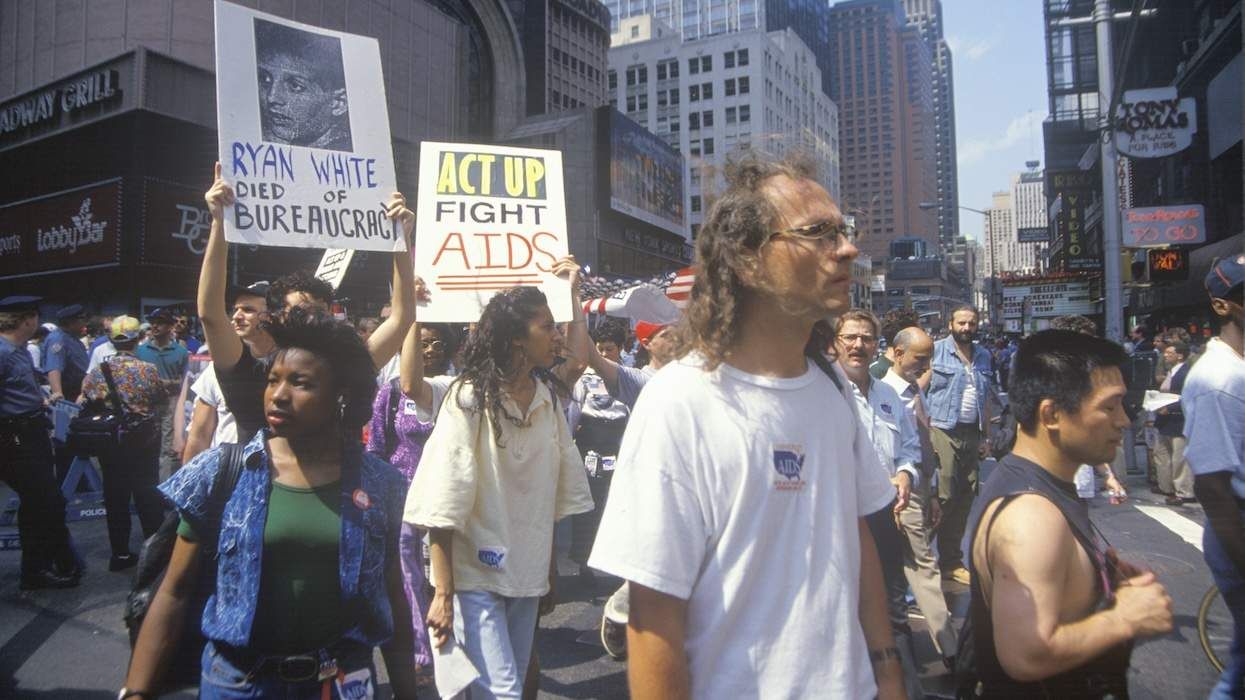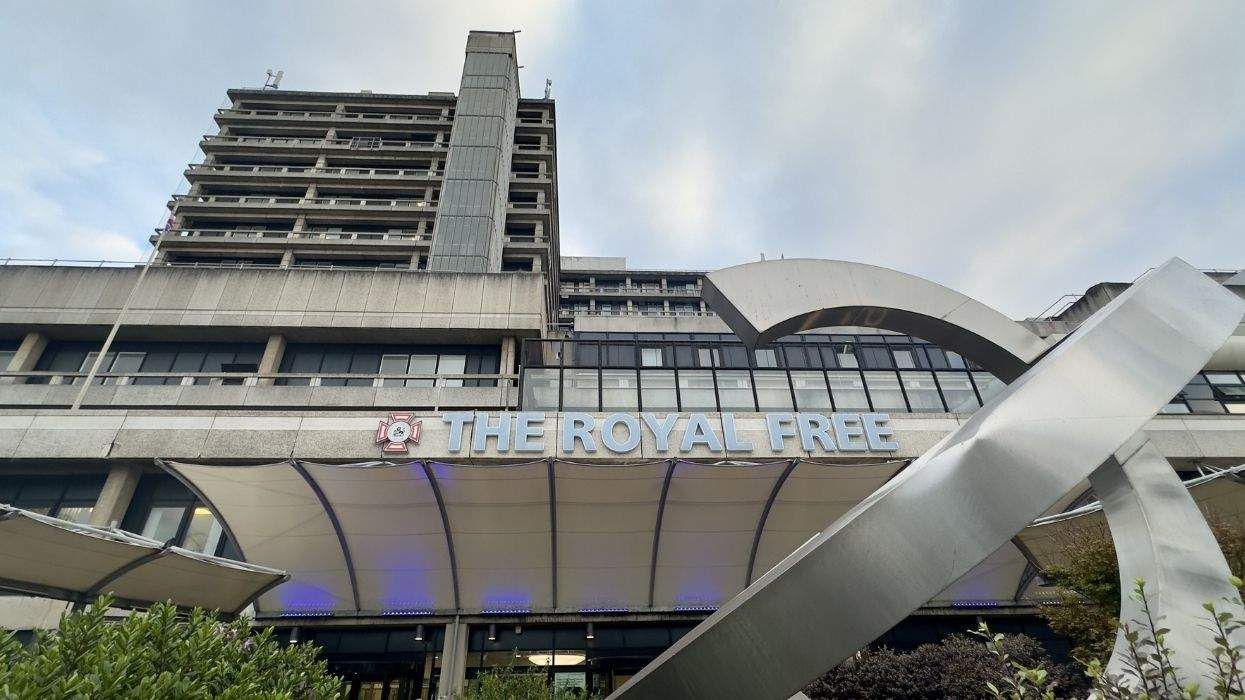One hundred and
thirty-seven South African women delegates to last
month's AIDS conference in Toronto have reportedly sought
refugee status in Canada, claiming that their
country's HIV policies put their lives at risk, Agence
France-Press reported. Another 13 delegates, many from
southern Africa, are also believed to have stayed behind and
filed refugee claims after attending the weeklong
event, which drew more than 26,000 delegates from
around the world.
Canadian
immigration spokesman Karen Shadd-Evelyn confirmed to the
Toronto Sun newspaper that up to 150 claims were
received from participants at the August 13-18
conference. South African officials said they were
awaiting official word from Ottawa on their nationals
among that group.
Among the
would-be refugees is Amanuel Tesfamichael, an HIV-positive
AIDS activist and founder of Eritrea's 6,000-member
association for people living with AIDS. Other
refugees are believed to come from Zimbabwe and
El Salvador, The [Toronto] Globe and Mail
newspaper reported.
An immigration
lawyer, Michael Battista, said the South African women
face severe stigma and discrimination at home that amount to
persecution--loss of homes, loss of jobs, and in some
cases threats of violence, the BBC reported Tuesday.
The asylum seekers are being housed in a Toronto
hostel while their cases are investigated, a process that
could take up to a year, the BBC said.
It's not clear
how many of the would-be refugees have HIV/AIDS. But South
African president Thabo Mbeki's AIDS policies were the
subject of stinging criticism at the Toronto
conference.
Stephen Lewis,
the Canadian U.N. special envoy on HIV/AIDS, told
delegates that South Africa's was the only government on the
continent "still obtuse, dilatory, and negligent about
rolling out treatment," the Globe and Mail
reported. Lewis added that South Africa "is the only
country in Africa whose government continues to
propound theories more worthy of a lunatic fringe than
of a concerned and compassionate state."
South Africa's
health minister, Manto Tshabalala-Msimang, has been
derided at home and abroad for advocating a diet of garlic,
lemons, beetroot, and potato as an alternative to
antiretroviral drugs.
The BBC, quoting
South African media, reported Tuesday that
Tshabalala-Msimang's ministry has instructed officials to
have nothing to do with Lewis, whom South African AIDS
activists had invited to visit their country. The trip
has apparently been canceled, the BBC said.
Some 5.5 million
South Africans are HIV-positive, a number second only to
India, according to United Nations health officials. South
Africa's government did not provide antiretroviral
drugs until 2002, after activists sued to force it to
do so. The government now has more than 140,000 people
on the drugs, the largest such program in the world. A
further 80,000 South Africans pay for the drugs themselves
at a cost of about $315 a year.
Such figures are
dwarfed by the 700,000 South Africans in urgent need of
the drugs, the Globe and Mail reported. More
than 330,000 South Africans died of AIDS in the past 12
months alone, the Associated Press reported last week.
(The Advocate)




































































Charlie Kirk DID say stoning gay people was the 'perfect law' — and these other heinous quotes